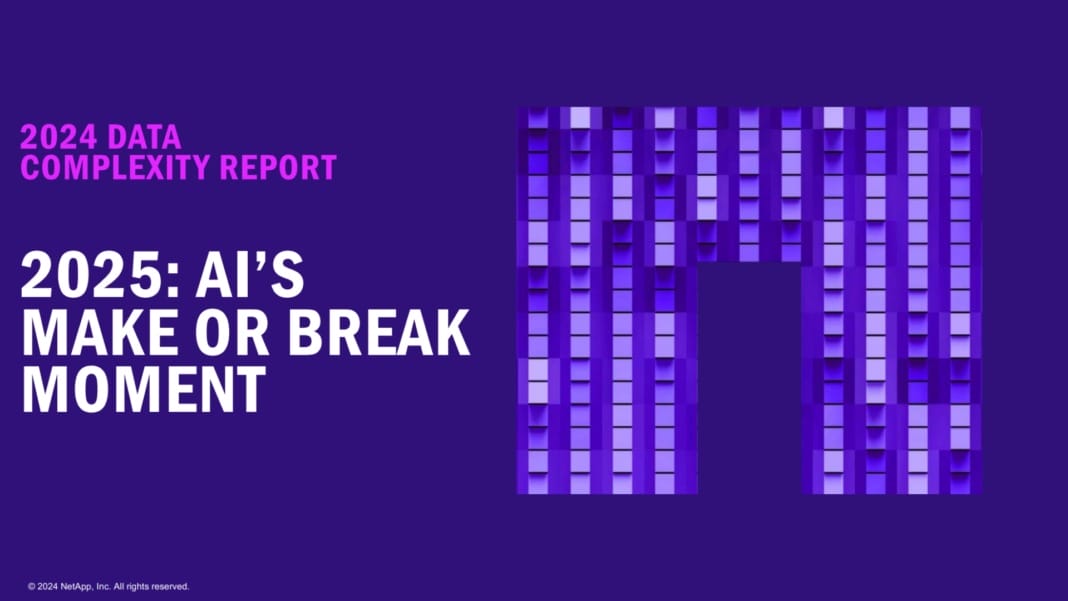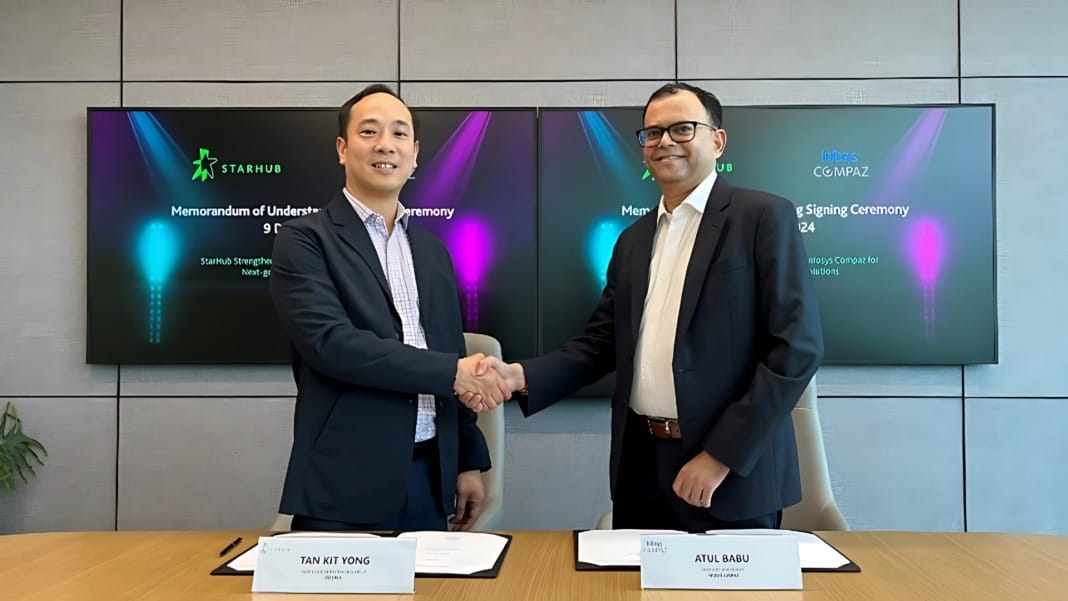In a study, NetApp, the intelligent data infrastructure company, has disclosed how global organisations are poised to embrace artificial intelligence (AI) transformations in 2025, amidst mounting data management challenges, escalating security concerns, and a focus on sustainability.
Navigating the complexities of AI
As detailed in NetApp’s second annual Data Complexity Report, the upcoming year is seen as pivotal for AI, with businesses moving from experimental to full-scale application of AI technologies. “2025 is shaping up to be a defining year for AI, as organisations transition from experimentation to scaling their AI capabilities,” said Gabie Boko, Chief Marketing Officer at NetApp. This transition demands substantial investments in data infrastructure to mitigate the complexities associated with AI, as well as address ongoing security and sustainability issues. Boko highlighted that a unified data storage approach is essential to unlocking AI’s potential effectively.
The global state of AI readiness
The report reveals that two-thirds of companies worldwide consider their data either fully or mostly optimised for AI. This preparation varies significantly across regions, with four Asia-Pacific markets—India, Japan, Singapore, and Australia & New Zealand—identified as leaders in AI readiness. These regions report an average of 73% in data optimisation, slightly above the global figure, indicating a strong foundation for leveraging AI.
Data unification is also pinpointed as crucial for AI success. A notable 79% of global tech executives underscore the importance of unified data systems to achieve optimal AI outcomes. Companies that emphasise data unification are more likely to meet their AI objectives, with only 23% facing potential shortfalls compared to 30% of those that do not prioritise this approach.
Investing in security and sustainability alongside AI
The study also highlights the parallel rise of security challenges with AI adoption. Approximately 41% of tech leaders predict a significant increase in cyber threats as AI becomes more integrated into business processes. Notably, AI-advanced countries like India, Japan, Singapore, and Australia & New Zealand, alongside the United States, encounter nearly double the security challenges compared to countries lagging in AI adoption.
On the sustainability front, 34% of tech executives expect significant changes in corporate sustainability practices due to AI. The growth in data and computation needs associated with AI technologies is increasingly contributing to organisations’ sustainability initiatives, particularly in AI-leading countries. However, balancing the environmental impacts of AI with its benefits remains a critical challenge for the future.
In conclusion, as businesses continue to navigate the complexities of AI, investing in robust data management and security measures will be key to leveraging AI’s transformative potential while ensuring operational sustainability and resilience. “AI’s transformative potential hinges on secure, scalable, and sustainable data strategies,” said Krish Vitaldevara, Senior Vice President and General Manager at NetApp. As the APAC region leads in AI readiness, it is imperative that organisations capitalise on their advancements with strategic data management to ensure successful outcomes in the burgeoning AI landscape.





